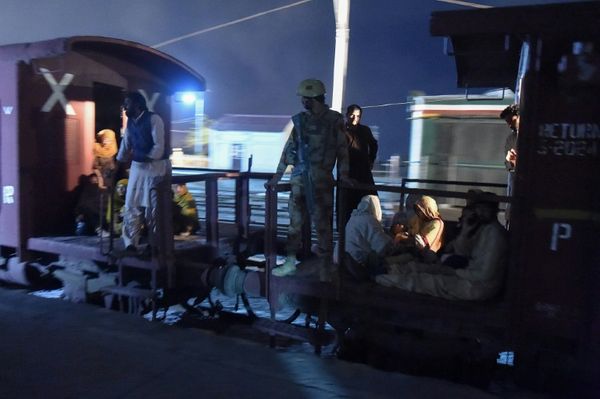
Following a deadly terror attack on Moscow's Crocus City concert hall, four men from Tajikistan were accused by Russian authorities. The attack led to disturbing videos surfacing on social media showing police brutally abusing the alleged attackers. This incident has triggered a wave of xenophobia towards Central Asian migrant workers in Russia.
Reports indicate instances of discrimination, such as people refusing services from individuals of Tajik descent and threats directed at businesses where the alleged attackers were employed. The situation has prompted concerns about the treatment of migrant workers in Russia.
President Vladimir Putin addressed the issue, emphasizing the importance of unity and respect for all citizens, regardless of their background. Migrant workers from Central Asian states play vital roles in the Russian economy, often filling jobs that locals may not prefer.
Human rights organizations have raised alarms about the mistreatment of migrants by Russian authorities, citing racial profiling and physical assaults. The situation has worsened due to the ongoing conflict in Ukraine, which has strained the Russian workforce.
Experts highlight the significant contributions of migrant workers to the Russian economy, particularly through remittances that support their home countries' GDP growth. The reliance on migrant labor has become more pronounced since the conflict in Ukraine.
As tensions rise, the Kyrgyz Foreign Ministry issued a travel warning for its citizens in Russia. The situation underscores the challenges faced by migrant workers in a climate of growing xenophobia and economic pressures.
Efforts to address the issue include intensified cooperation between Russia and Tajikistan in countering terrorism. However, the delicate balance in diplomatic relations poses challenges for President Putin amid increasing isolation on the global stage.







